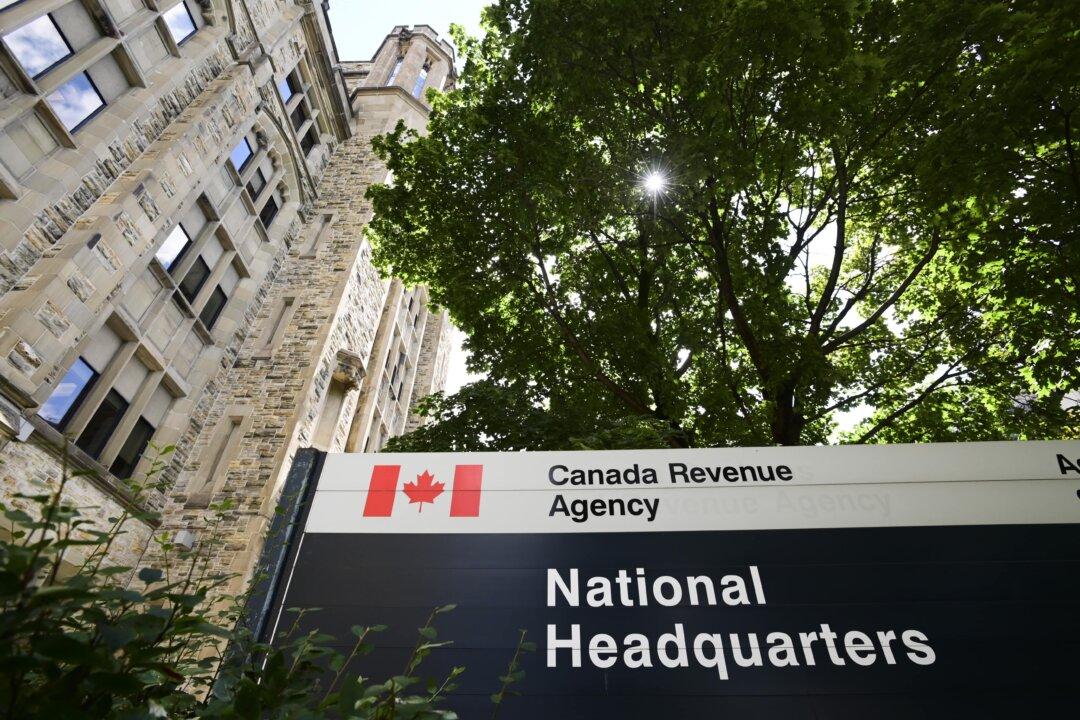Most Canadians say they would never report a tax cheat because they do not want to be part of a ’snitching‘ culture like that of a ’communist state' where citizens are heavily monitored, says a report by the Canada Revenue Agency (CRA).
“One sentiment that was stronger in the Individual Taxpayer sessions was the feeling that they were concerned about living in a place where people would be ‘snitching’ on each other and they didn’t want to feel like they were in a ‘communist state’ or a place where ‘big brother’ is watching,” said the report, obtained by Blacklock’s Reporter.





